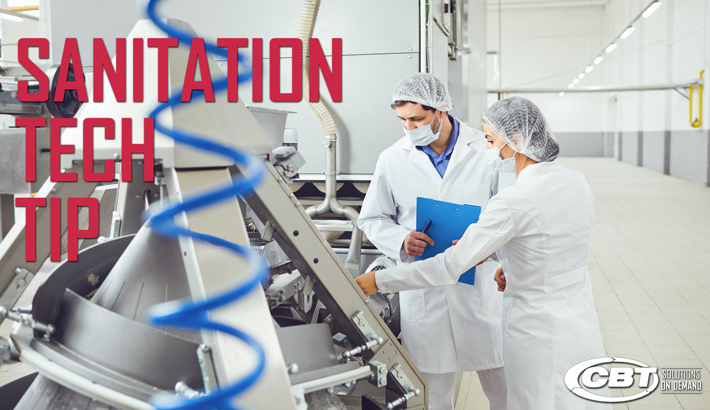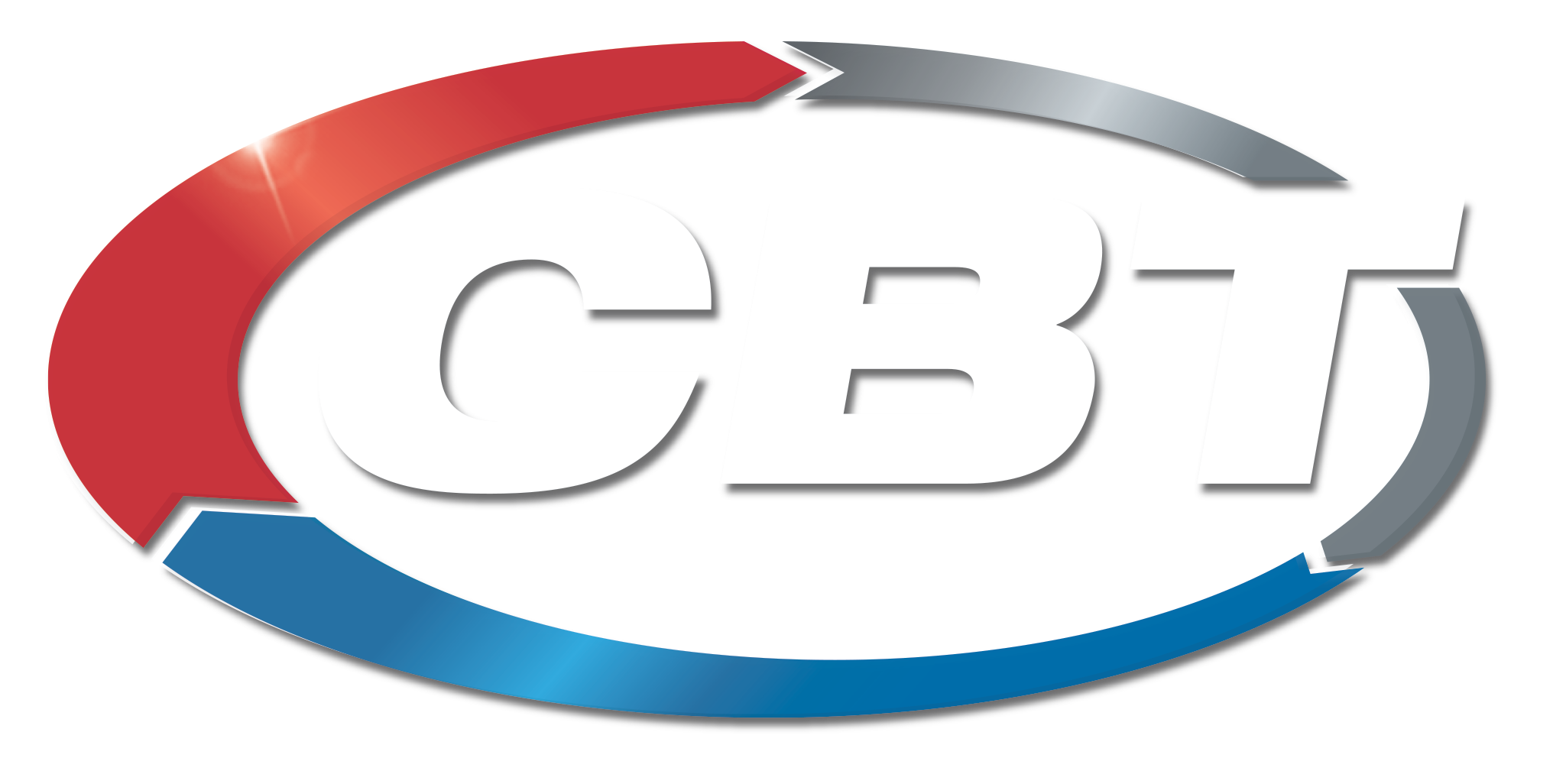
As I sit down to write this edition of our Sanitation Tech Tip, our country is in the middle of the Covid-19 pandemic. Federal, state, and local officials are doing everything possible to limit the spread of this virus. Restaurants have closed and grocery store shelves sit empty as people frantically stock up what might soon be in short supply. All the while, American manufacturers ramp up production in order to keep pace with this uptick in demand for consumer goods.
We are being told to wash our hands, limit contact with others, sneeze into our arms, and stay home if we feel ill. In other words, live like we work in a food plant. Those familiar with the food and beverage industry know that there are hand washing stations at every entry/exit point and that smocks, hair nets, and gloves are a necessity in food contact areas. Additionally, people who feel ill are highly encouraged to stay home.
Our new reality has long been standard practice at food plants across the nation. However, the question remains, what can food plants do better in order to limit the chances of microbial contamination?
We are being told to wash our hands, limit contact with others, sneeze into our arms, and stay home if we feel ill. In other words, live like we work in a food plant. Those familiar with the food and beverage industry know that there are hand washing stations at every entry/exit point and that smocks, hair nets, and gloves are a necessity in food contact areas. Additionally, people who feel ill are highly encouraged to stay home.
Our new reality has long been standard practice at food plants across the nation. However, the question remains, what can food plants do better in order to limit the chances of microbial contamination?
- The first step is to be sure the plant’s Standard Sanitation Operating Procedure (SSOP) is up to date with all the equipment in the plant.
- All process should then be verified and validated
- Trending data that shows repeated failures means a review of the sanitation procedures and training must be conducted.
- Any equipment that does not have continued swab test failures should be evaluated from a hygienic design standpoint.
Equipment that was manufactured 20, 10, or even as little as 5 years ago most likely has components on them that have been upgraded to a more hygienic version. A washdown rating of IP69K wasn’t available five years ago, but now takes the guesswork out of proper equipment selection. CBT has partnerships with manufacturers who provide these hygienically designed products to eliminate hard to clean components and reduce exposure in your plant. Whether they are electrical, mechanical, belting, or automation type products, CBT has the solution on hand. Please reach out to your CBT account manager or specialist to find out how we can help your plant become more sanitary.













